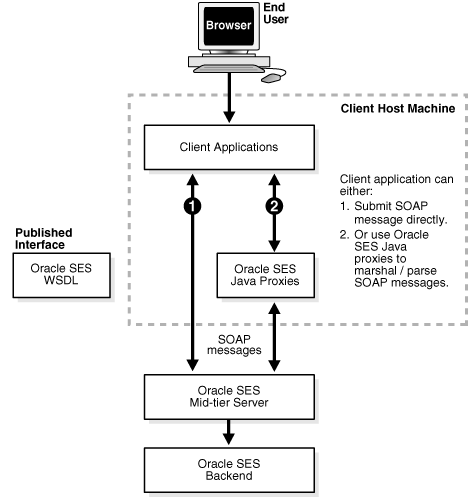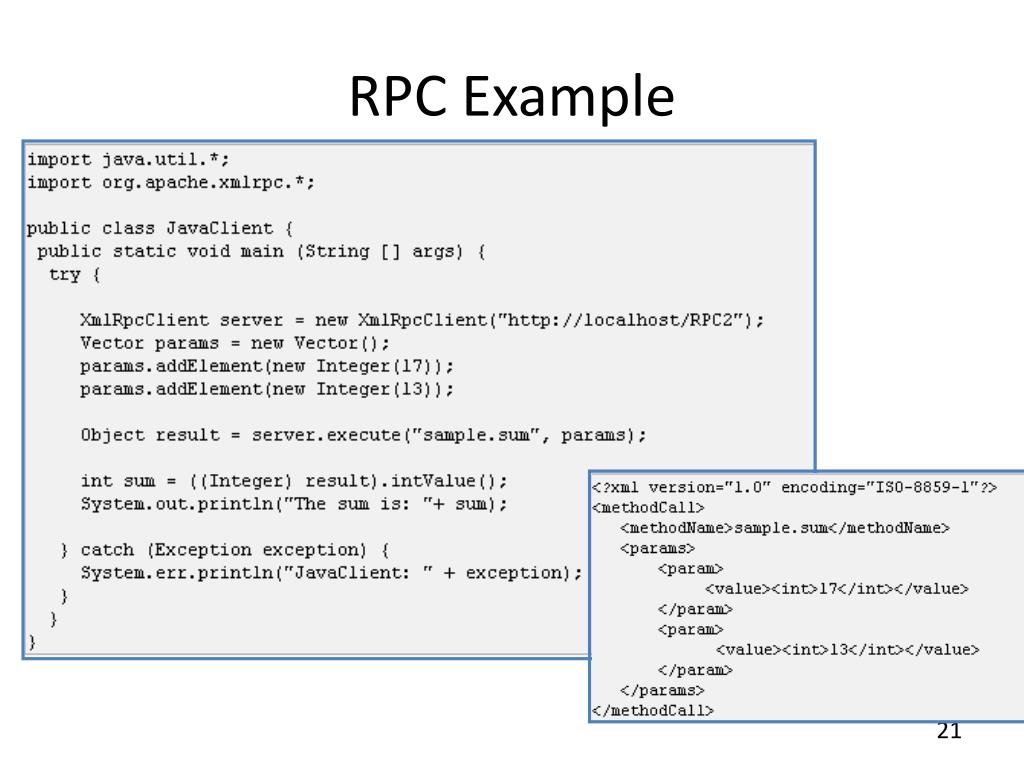


Python 3.8 on Fedora 32, but that shouldn't matter, really.ġ04297 pts/0 Sl+ 0:00 | | \_ /home/gordon/git/pyp2rpm/.tox/py27/bin/python /home/gordon/git/pyp2rpm/.tox/py27/bin/virtualenv -p python2 venvġ04302 pts/0 S+ 0:00 | | \_ /home/gordon/git/pyp2rpm/.tox/py27/bin/python -c from _update import do_update do_update(u'setuptools', '2.7', '/home/gordon/git/pyp2rpm/.tox/py27/lib/python2.7/site-packages/virtualenv/seed/wheels/embed/setuptools-44.1.1-py2.p圓-none-any.whl', '/root/.local/share/virtualenv',, True)ġ04366 pts/0 S+ 0:01 | | | \_ /home/gordon/git/pyp2rpm/.tox/py27/bin/python -m pip download -disable-pip-version-check -only-binary=:all: -no-deps -python-version 2.7 -d /root/.local/share/virtualenv/wheel/house setuptools<44.0.0ġ04303 pts/0 S+ 0:00 | | \_ /home/gordon/git/pyp2rpm/.tox/py27/bin/python -c from _update import do_update do_update(u'wheel', '2.7', '/home/gordon/git/pyp2rpm/.tox/py27/lib/python2.7/site-packages/virtualenv/seed/wheels/embed/wheel-0.34.2-py2.p圓-none-any.whl', '/root/.local/share/virtualenv',, True)ġ04375 pts/0 R+ 0:00 | | | \_ /home/gordon/git/pyp2rpm/.tox/py27/bin/python -m pip download -disable-pip-version-check -only-binary=:all: -no-deps -python-version 2.7 -d /root/.local/share/virtualenv/wheel/house wheel<0.34.0ġ04304 pts/0 S+ 0:00 | | \_ /home/gordon/git/pyp2rpm/.tox/py27/bin/python -c from _update import do_update do_update(u'pip', '2.7', '/home/gordon/git/pyp2rpm/.tox/py27/lib/python2.7/site-packages/virtualenv/seed/wheels/embed/pip-20.1.1-py2.p圓-none-any.whl', '/root/.local/share/virtualenv',, True)ġ04361 pts/0 S+ 0:00 | | \_ /home/gordon/git/pyp2rpm/.tox/py27/bin/python -m pip download -disable-pip-version-check -only-binary=:all: -no-deps -python-version 2.7 -d /root/.local/share/virtualenv/wheel/house pip<20.2. Basically Spooky lets you make Json RPC calls, and could theoretically be extended to work with XML-RPC, future Json RPC versions and other similar systems without altering dependant systems. $ python3 /tmp/test.py Traceback (most recent call last): File "/tmp/test.py", line 5, in pprint.pprint(client.release_urls('roundup', '1.6.0')) File "/usr/lib64/python3.8/xmlrpc/client.py", line 1109, in _call_ return self._send(self._name, args) File "/usr/lib64/python3.8/xmlrpc/client.py", line 1450, in _request response = self._transport.request( File "/usr/lib64/python3.8/xmlrpc/client.py", line 1153, in request return self.single_request(host, handler, request_body, verbose) File "/usr/lib64/python3.8/xmlrpc/client.py", line 1169, in single_request return self.parse_response(resp) File "/usr/lib64/python3.8/xmlrpc/client.py", line 1341, in parse_response return u.close() File "/usr/lib64/python3.8/xmlrpc/client.py", line 655, in close raise Fault(**self._stack) : To use Jayrock in your ASP.NET project, add a reference to the Jayrock.dll and assemblies add a copy of json.js (distributed with Jayrock and found in www subdirectory) to the root of your web. An implementation of the Json RPC 2.0 specification over HTTP (using HttpClient) fitting that abstraction.


 0 kommentar(er)
0 kommentar(er)
